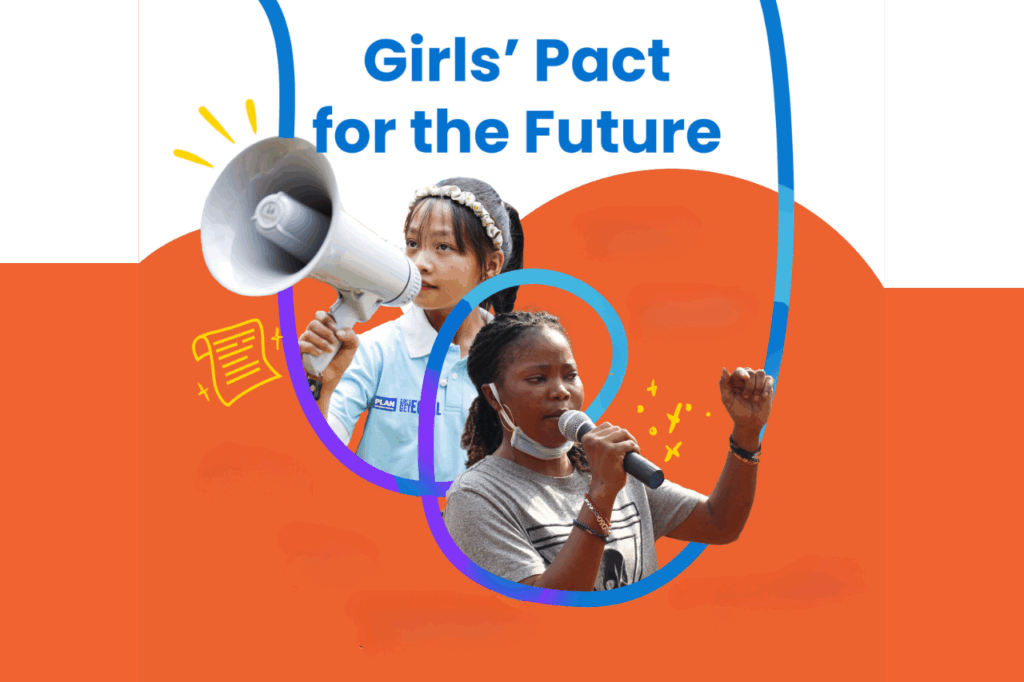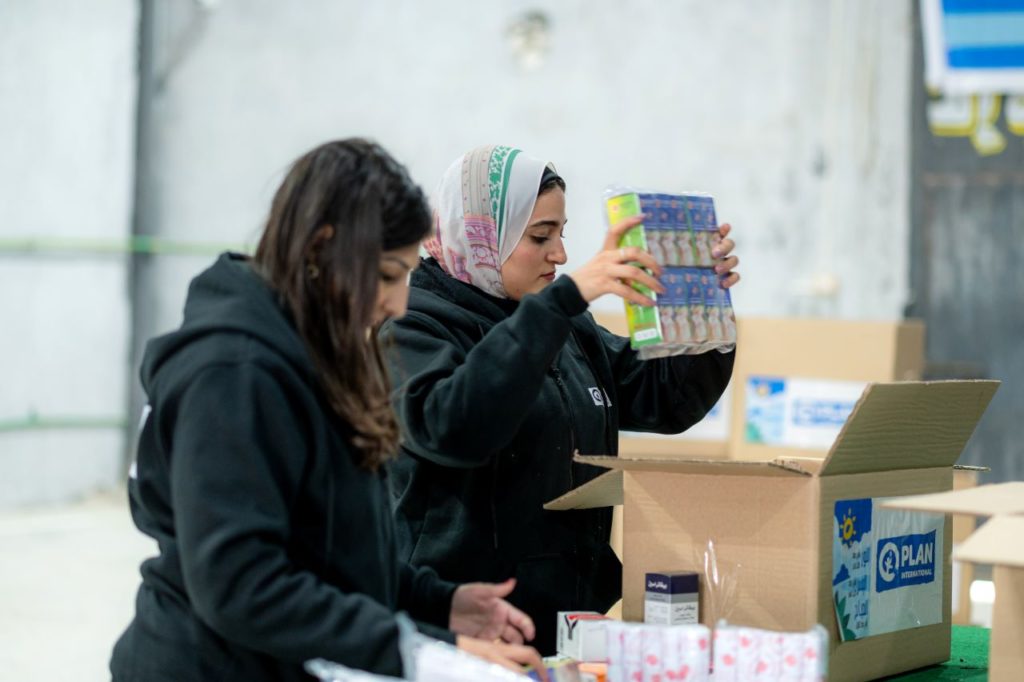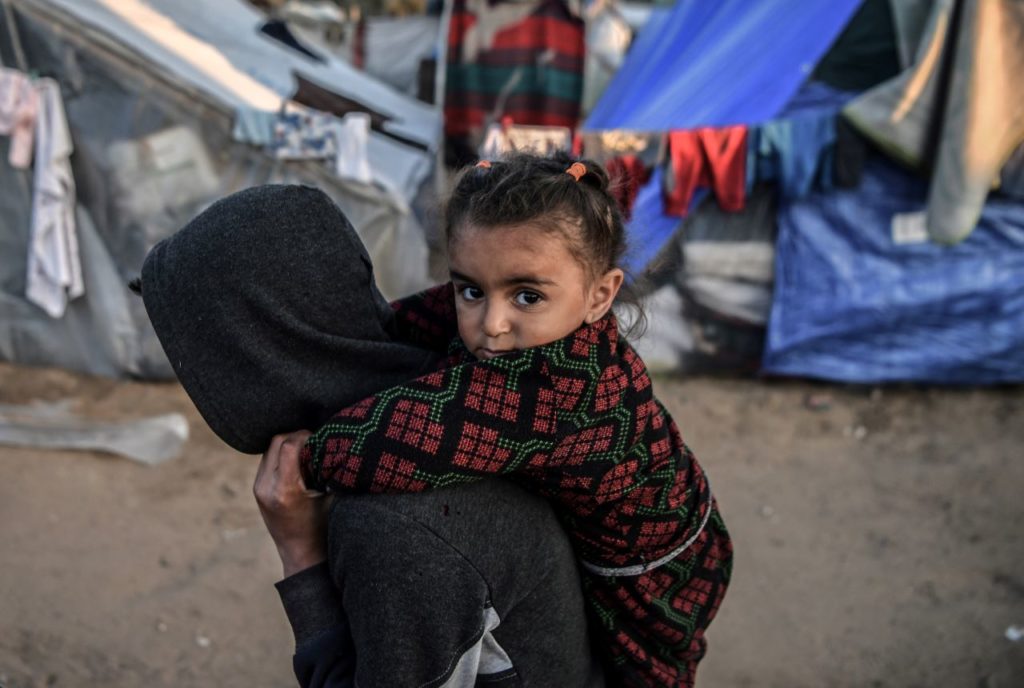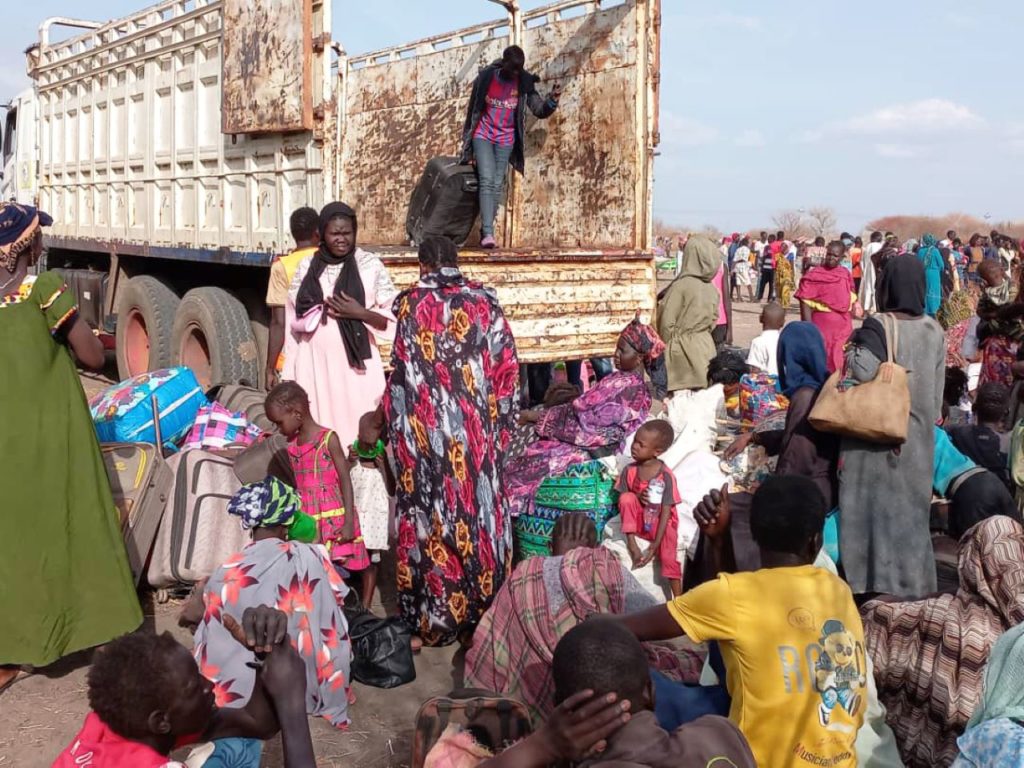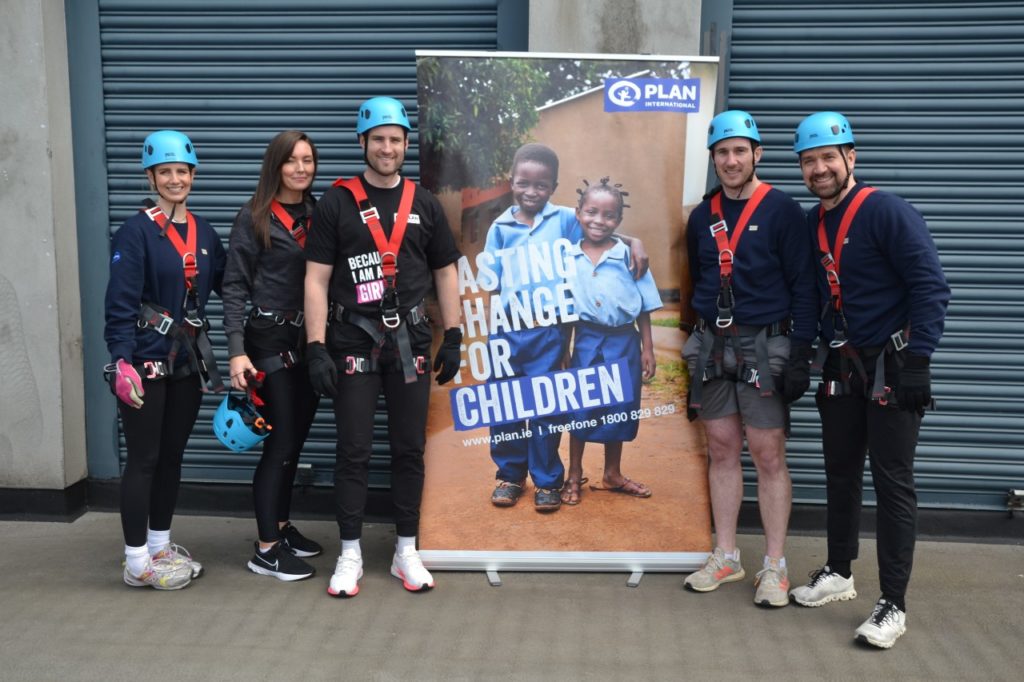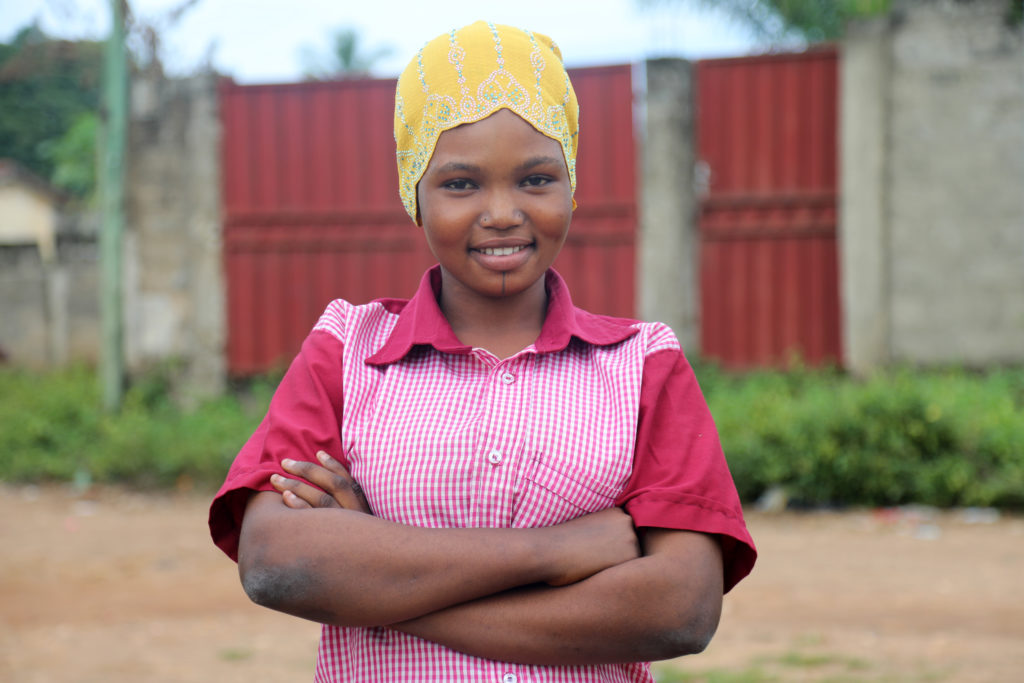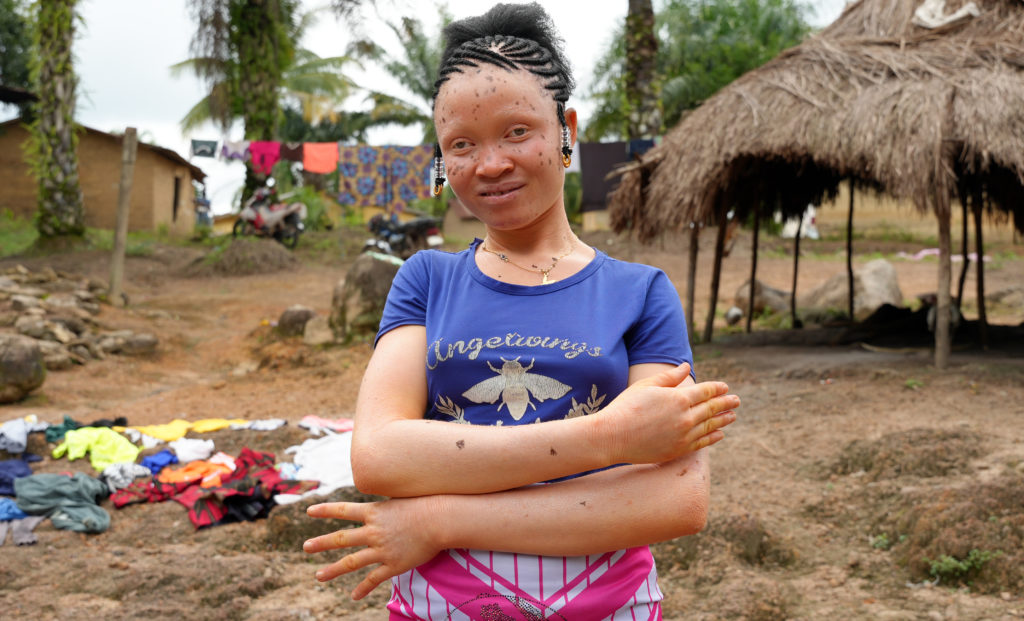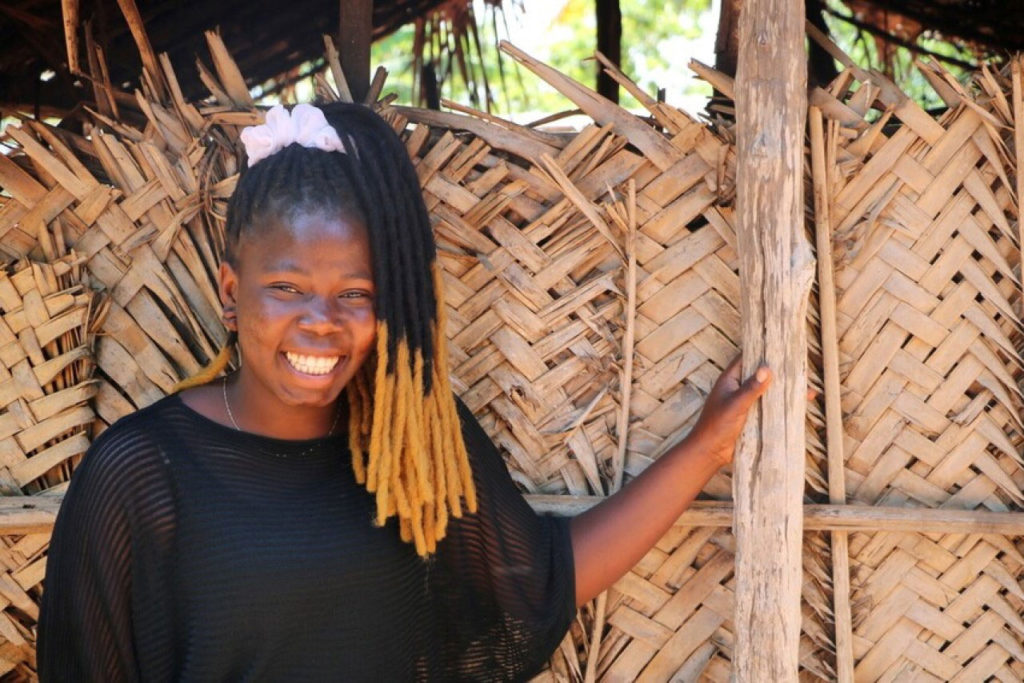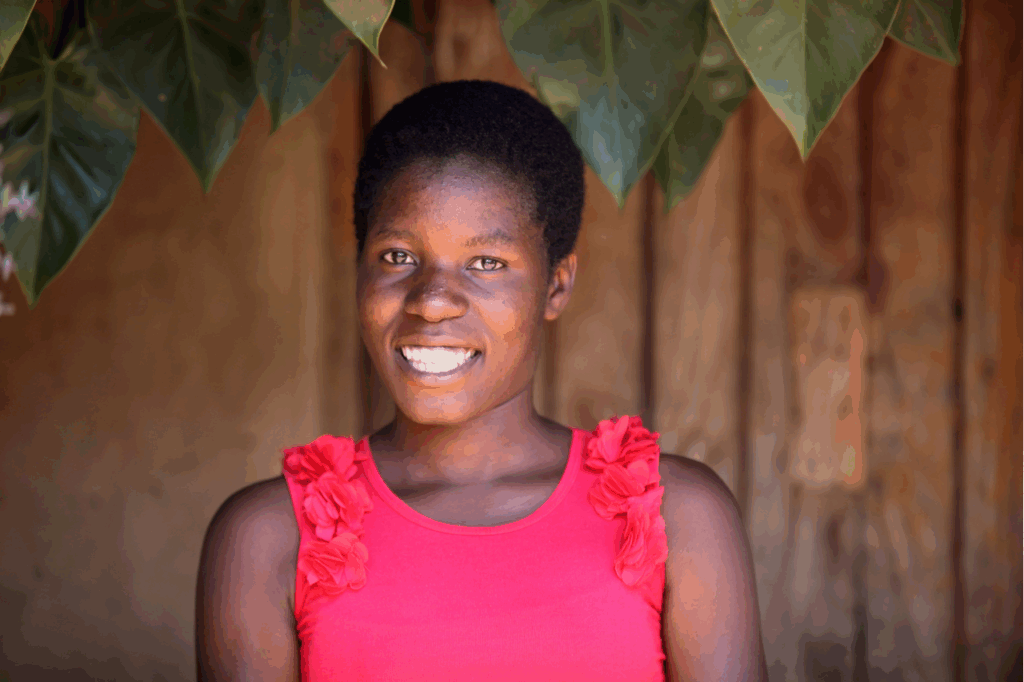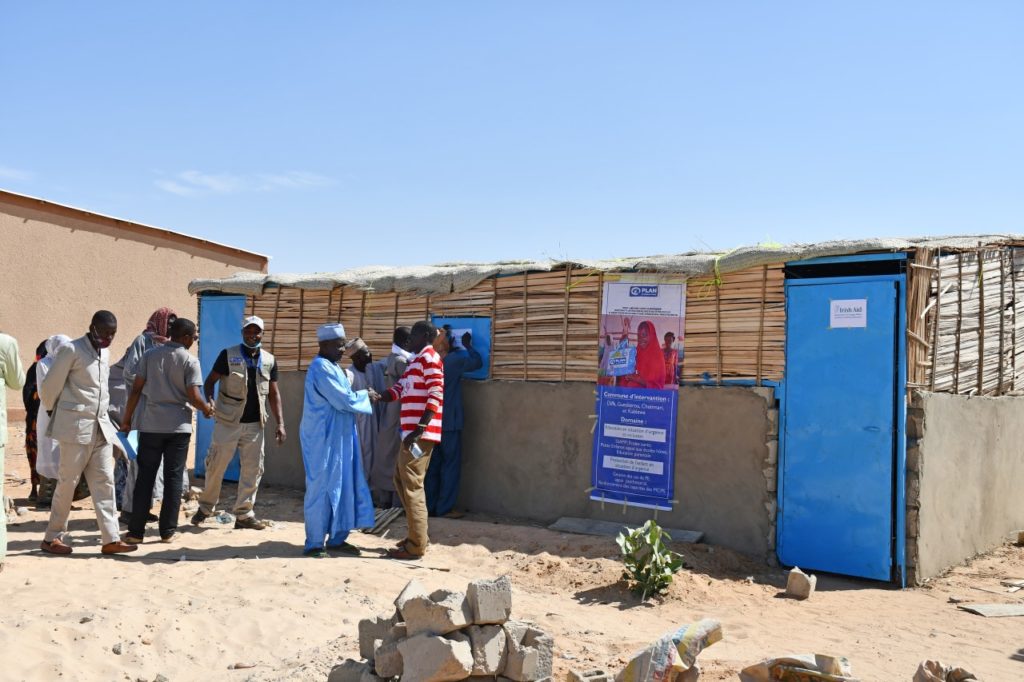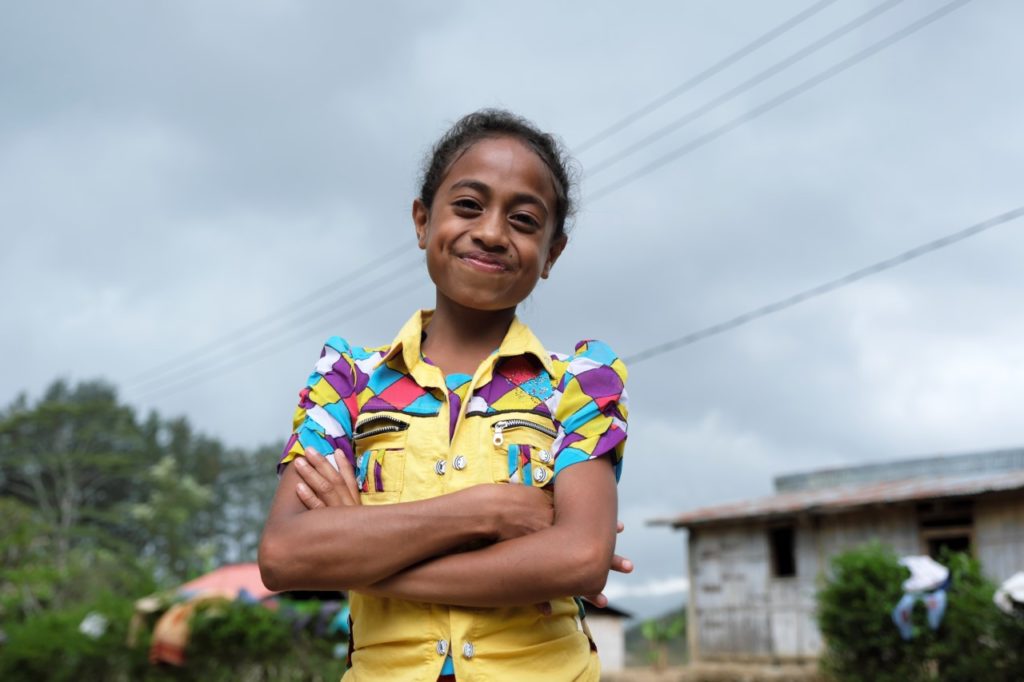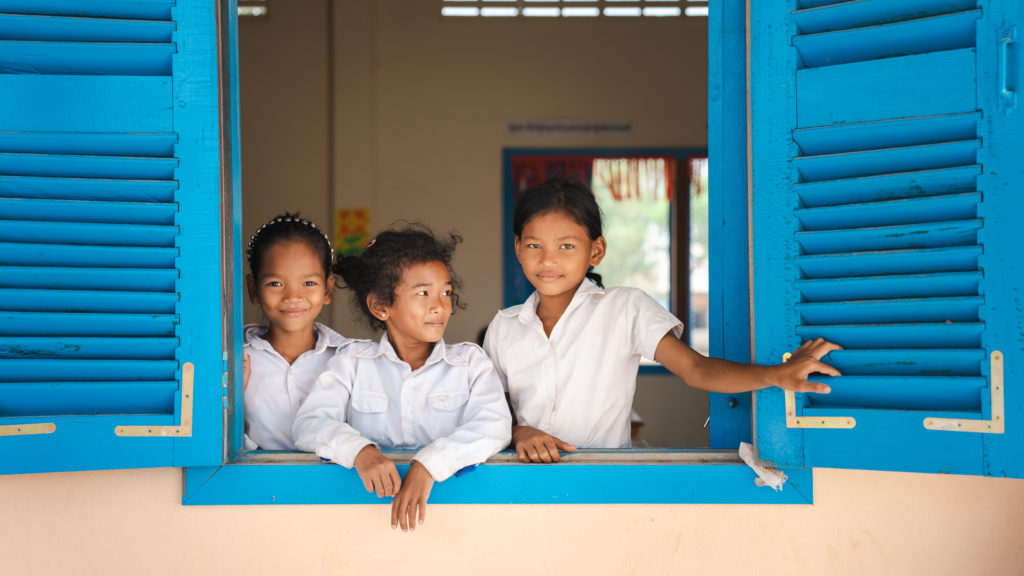TEN YEARS ON FROM THE START OF THE CONFLICT IN SYRIA, LIFE FOR GIRLS AND WOMEN HAS CHANGED IMMEASURABLY.
WHETHER THEY REMAIN IN SYRIA OR HAVE FLED OVERSEAS, COUNTLESS LIVES HAVE BEEN DEVASTATED BY A DECADE OF CIVIL WAR.
In Jordan, Azraq refugee camp is now home to more than 35,000 refugees from Syria. Since 2016, Plan International has been providing support to some of the most vulnerable Syrian girls and women in both Jordan and Lebanon. This includes psychosocial support, parenting and early childhood care and sexual and reproductive health programmes.
During the COVID-19 pandemic, Plan International has been helping girls in Azraq to stay connected through its Himayati project. Now run via WhatsApp, girls interact during online sessions and discuss gender and life skills, allowing them to stay connected and provide each other with support.
SHAYMA’A, 16, IS FROM ALEPPO, SYRIA, AND HAS LIVED WITH HER FAMILY OF FIVE IN AZRAQ SINCE 2016
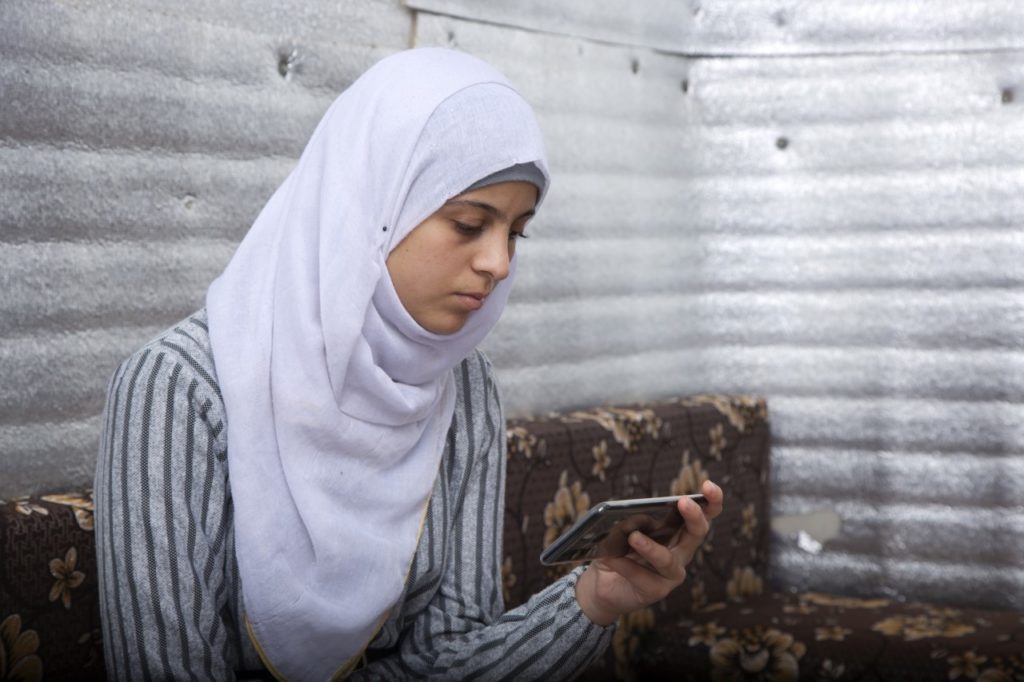
Can you describe your typical day?
After waking up, I argue with my brothers to get them to tidy up where they slept. I am the eldest, so they have to listen to what I tell them to do. I help my mother with the house chores, then join the online classes either through the public platform or the WhatsApp groups. Then I go on Duolingo (a mobile language app) to learn some English. Sometimes I film a few videos and edit them on an app that I have downloaded on my mother’s mobile phone.
How has COVID-19 changed your life?
Since the start of the pandemic, many things have changed. I stayed home much more than I am used to. I felt isolated but some things kept me occupied. This is very strange; it’s a strange time.
What activities have helped you cope?
The online sessions help me cope and keep me in contact with other girls my age. It also makes me feel that I am doing something useful with my time. I also reflect on what I learn with other people, most of who are not familiar with many of the terms that we learn about, terms like gender-based violence (GBV) and bullying are not fully understood among the community here, and when I educate a few people I feel that I have made a positive impact on the community.
Some people reject it at first, they say “she attended a class and now she is lecturing us”, but I keep trying and eventually they usually become more open to talk about it.
Can you describe how you have been taking part in the Himayati project using WhatsApp?
I attend the classes and interact with the people and my peers. Sometimes, I cannot attend because the internet connection is bad or because my mother is out of the house and I always use her phone to attend the sessions.
What sorts of things do you talk about, and how has this helped you?
We talk about many things; it depends on the session. So, if I am attending life skills sessions that means that we will be discussing how we can best cope with the new reality that we are facing, how to reduce stress, and make the best use of our time.
If I am attending an arts and crafts session, then we will talk and learn how to use some of the materials we already have in our homes.
Why is it important to interact with other girls in the sessions?
You have to keep in contact with someone, don’t you? You can’t just stay isolated. It’s good to talk about things and sometimes it comes as a relief to know that someone else is going through what you are going through.
What impact do you think the coming winter will have?
Winter here in the camp is terrible. It’s cold and windy. When it rains everything gets so muddy. It becomes hard for us to move around and get things done.
Can you remember where you were 10 years ago?
Still in Syria.
When you arrived here, how long did you think you would stay for?
We came here in 2016, my parents told me it was supposed to be for a few months so I didn’t expect to still be here 5 years later.
Where do you see home now?
Syria.
What do you miss most about Syria?
My uncles, I love them and they were always around back home. I also miss my friends, we used to always joke around and play pranks on each other.
What are your hopes for the future?
I want to become an English teacher and a photographer. I hope the conflict in Syria will end, because I don’t want to do that here in the camp#. I want to teach and take pictures in Syria instead.
Additional quote from Shayma’a father (Abdullah) and mother (Radya)
“She is growing up and she is shaping her personality. She now makes her own decisions she imposes her will on what surrounds her. She is a strong girl. We are proud”.
